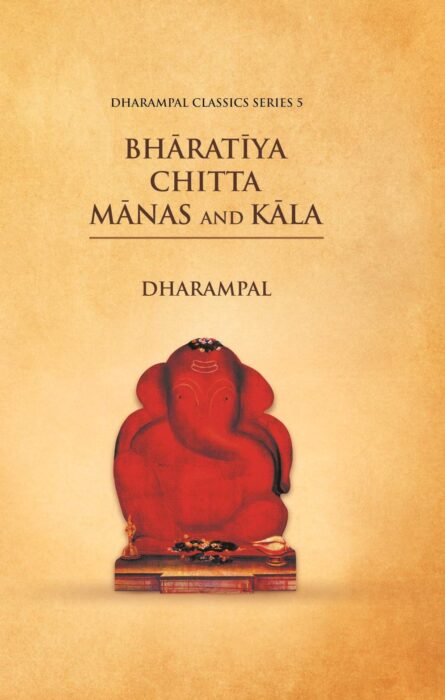
Dharampal
The preliminary picture of the Indian mind presented in this essay is, of course, not meant to be final or exhaustive. The attempt is to emphasise the urgent need to understand the Indian Chitta and Kala if India is to once again find her moorings in the present day world, and to sketch some of the basic aspects of the Indian Chitta and Kala that seem to set the Indians apart from the rest.
It is hoped that this brief essay shall contribute to the reawakening of the Indian spirit that we are blessed to witness happening once again in our times.
Dharampal was born in 1922 at Kandhala in the Muzaffarnagar district of Uttar Pradesh. He has been associated in various ways with the regeneration of India’s diverse populations and the restoration of their decentralized social, political and economic organization centered on local communities.
Dharampal served as a member of the Indian Council of Historical Research for two terms in the early 1990s and again for a term recently. He was also the Chairman of the Commission on the Protection of the Cow set up by the Government of India in 2001. From the mid 1980s Dharampal was closely associated with Mahatma Gandhi’s Sevagram Ashram, Wardha (Maharashtra) which he considered his main abode until he passed away there on 24th October 2006. He is survived by his brothers, Yogendra Pal and Yash Pal, his sister, Sushila, and his children, Pradeep, Gita and Anjali. His elder daughter, Gita Dharampal-Frick is a professor of history at the South Asian Institute, University of Heidelberg, Germany.